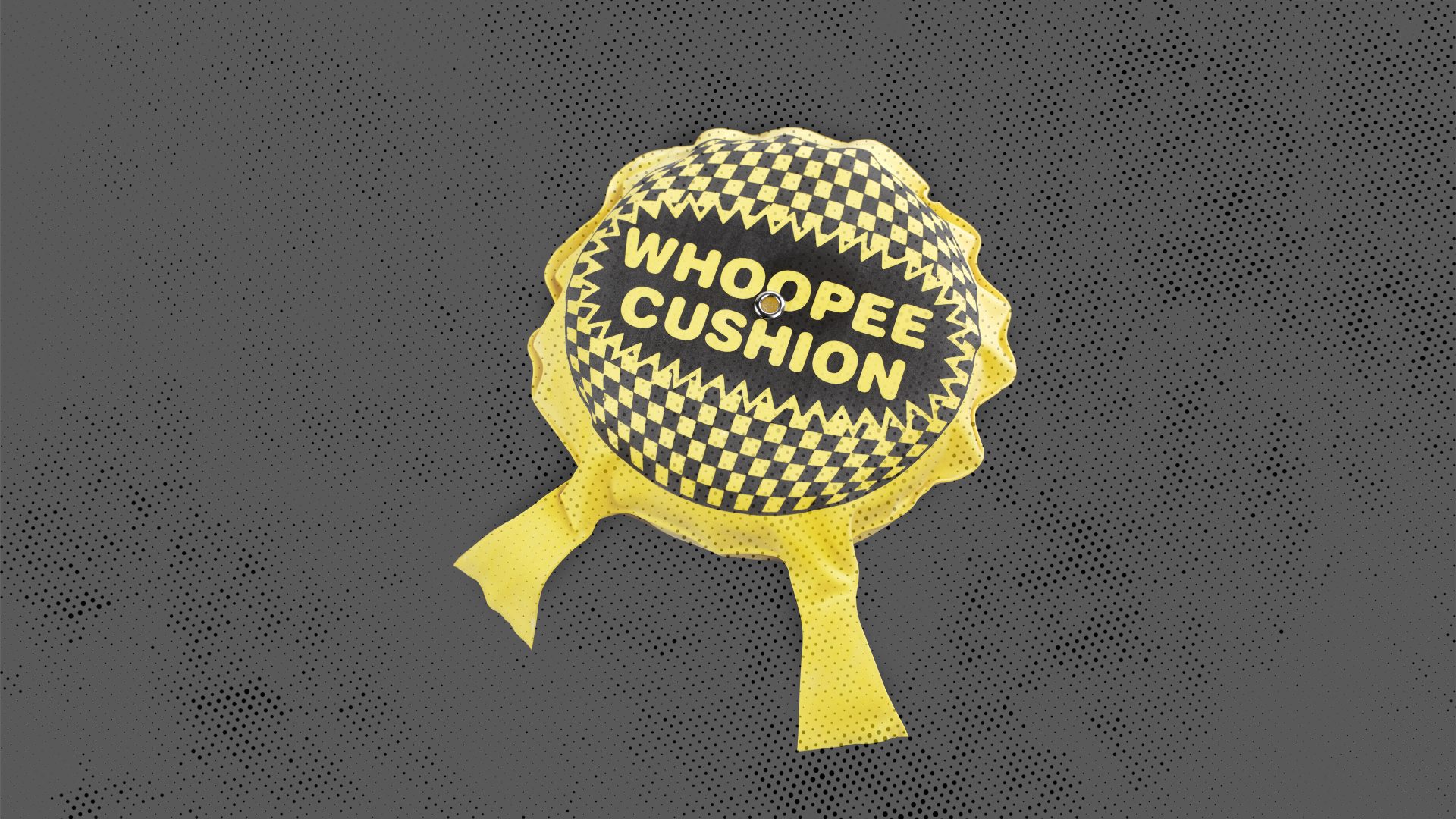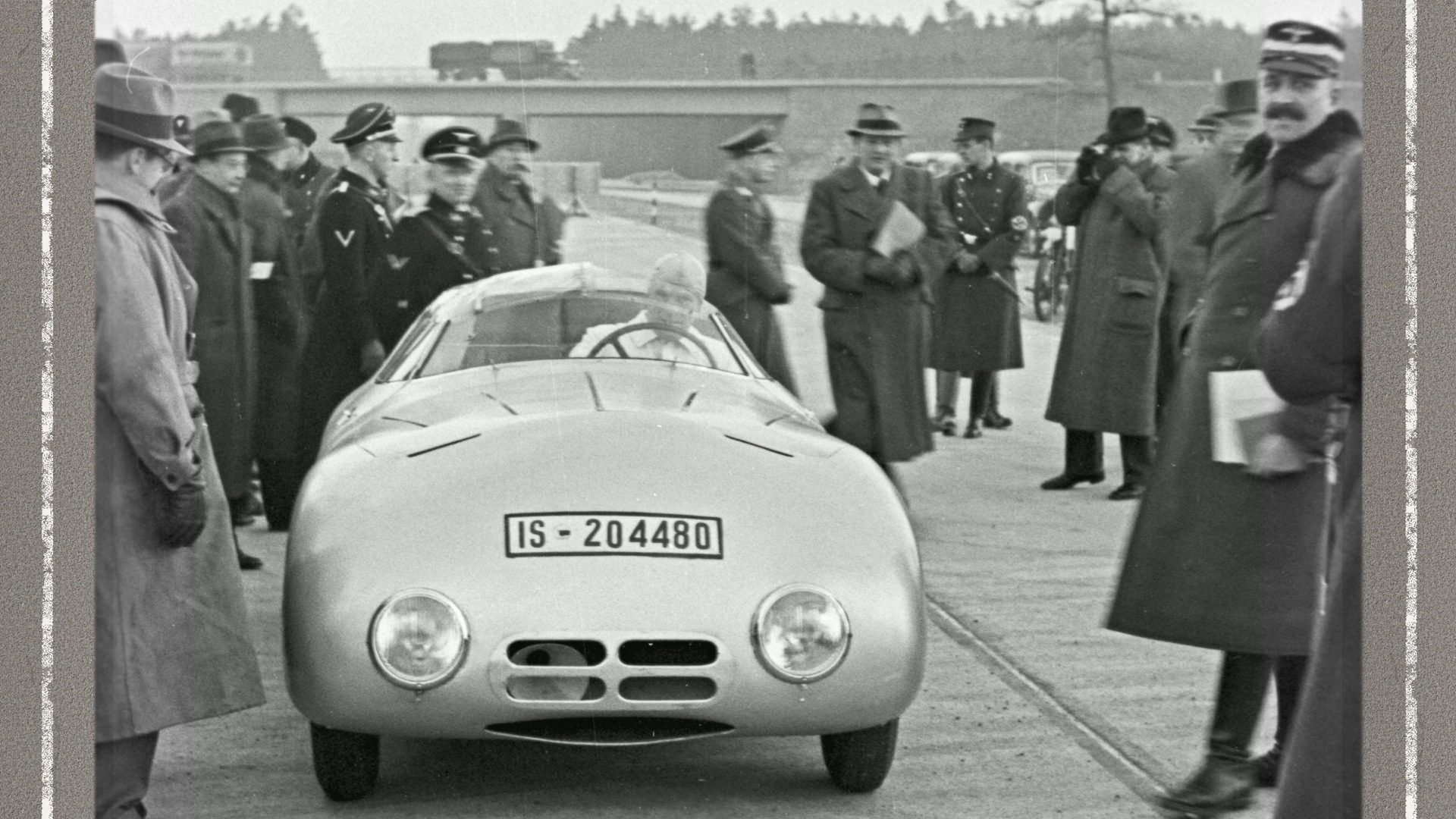I have lived abroad most of my life and I’ve had the chance to mingle with expats of many nationalities. When they talk to each other in English (the common language), they often get slightly lost. Because no matter how well you speak another language, you are always inevitably a few degrees off the exact intended meaning.
And sometimes people come up with totally off-the-wall stuff and the only reaction then is to throw your head back and laugh.
At a New Year’s Eve party hosted by an Italian family in Holland, an English diplomat raised his glass, saying “Let’s make a toast” to celebrate the evening. The wife of an Italian expat replied “No, let’s have a bruschetta” – that’s grilled bread with extra virgin olive oil drizzled on top. She wasn’t joking.
It turned out that she had no idea that “toast” could have several meanings in English; she immediately thought it was about food. When her mistake was explained to her, she went bright red, poor thing. My friends and I couldn’t stop laughing.
My aunt, who is South African but married my uncle 60 years ago, was once out to dinner in Rome, eating a dish of porcini mushrooms bought from a local market in Umbria. When she declared that one of Italian cuisine’s greatest strengths was that it was “food without preservatives”, she resorted to her usual bad Italian – it came out as food “senza preservativi”. Unfortunately that means “without condoms”.
Back in Moscow when I was at an American college, my parents had a Russian friend who regularly came over for lunch. One summer after we had just returned from Rome with a stack of Italian cheese, my mom, who has never learned to speak English, invited her to taste a slice of fresh mozzarella.
The Russian lady had never even heard of it before, but my mom insisted she try it by reassuring her that it was made with sheep’s milk. Instead she said, in English: “You will love it, this is made with milk of shit”.
The Russian lady froze, frowned, and the hand bringing the fork to her mouth with a shiny porcelain-white chunk of mozzarella literally collapsed back into the dish. My father laughed, my mom was flabbergasted, and the thought of anyone literally eating a slice of shit haunted me for days.
I was recently at a friend’s book launch in Perugia, and a few Americans stopped by. The book was about having second thoughts in life, changes of heart, and undoing key decisions. An elegant English lady, who spoke what she seemed to think was good Italian – by British standards – came out with a beauty.
She was trying to say that people tend to appreciate and understand things only in retrospect. She reached into her memory in search of the correct Italian, but unfortunately came out with “col posteriore”, which literally means “with our buttocks”. If someone announced quite confidently that “we appreciate things only with our ass”, you too would choke on your champagne.
Another translation “event” occurred at my house the other week. I had prepared an aperitivo for a few British and Italian colleagues, and alcohol can play weird tricks. After too many cocktails, the conversation deviated towards sex and… flatulence.
My friend and her partner – both Italian – joked in English about how they occasionally have fart fights. He wanted to say that his wife by now can smell when he has dropped one from miles away, but translated “she can smell” into “she nose”. Which wasn’t totally wrong. My British friends initially thought he meant “she knows” when her husband breaks wind, which I’m sure she does.
It was quite a satisfying accident that turned out to be a pun, of sorts. Sometimes when you leave the mistakes in, conversation can become even more picturesque.
Silvia Marchetti is a freelance reporter based in Rome




